

A volunteer plants mangrove seedlings along Waicoka's coastline for World Environment Day.
Photo/Homes of Hope Fiji
Flood-proof gardens feed and empower communities in Fiji
Raised garden beds are offering food security and climate protection to flood-prone communities, with women leading the charge.

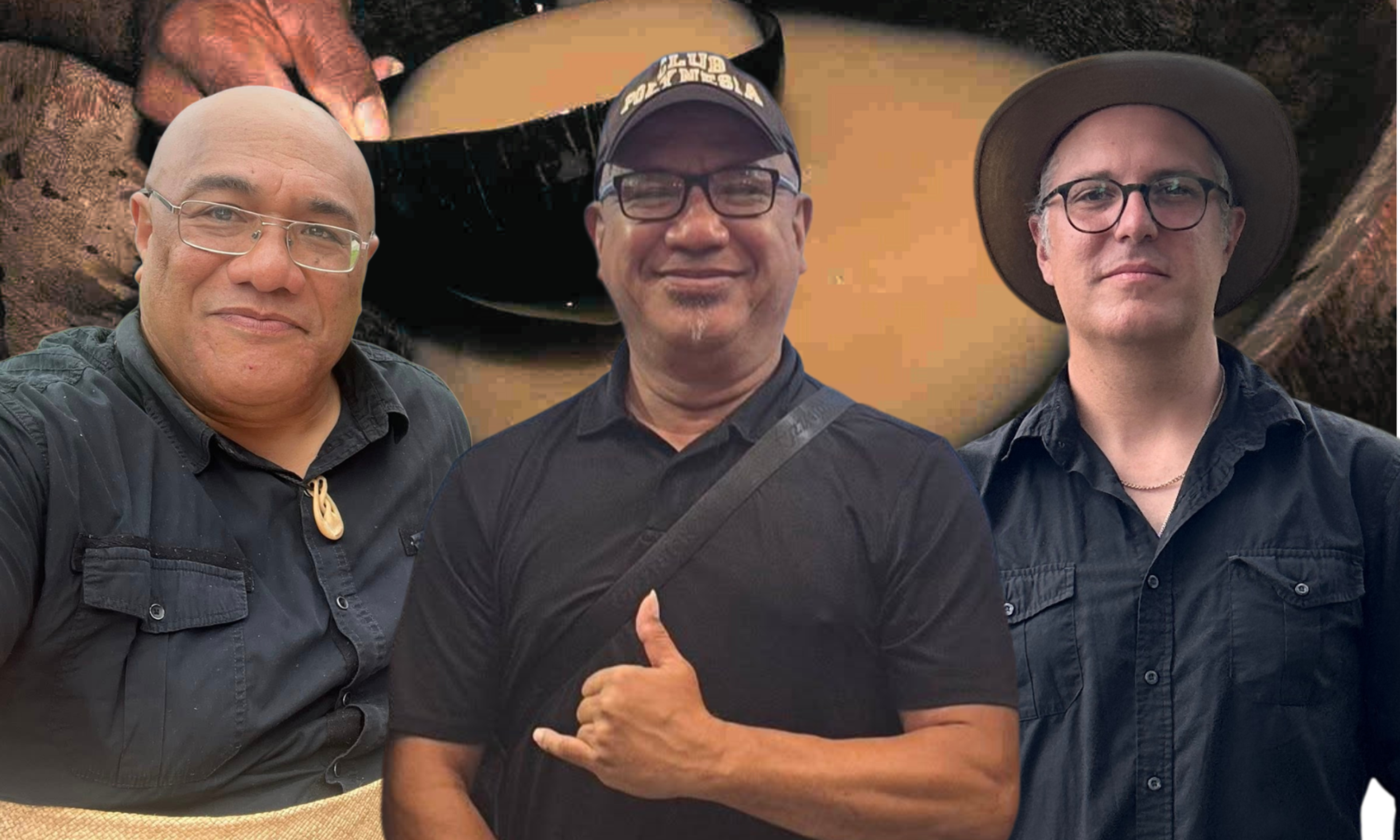
Pacific leaders back NZ kava reforms but warn of risks for smaller businesses in Tonga
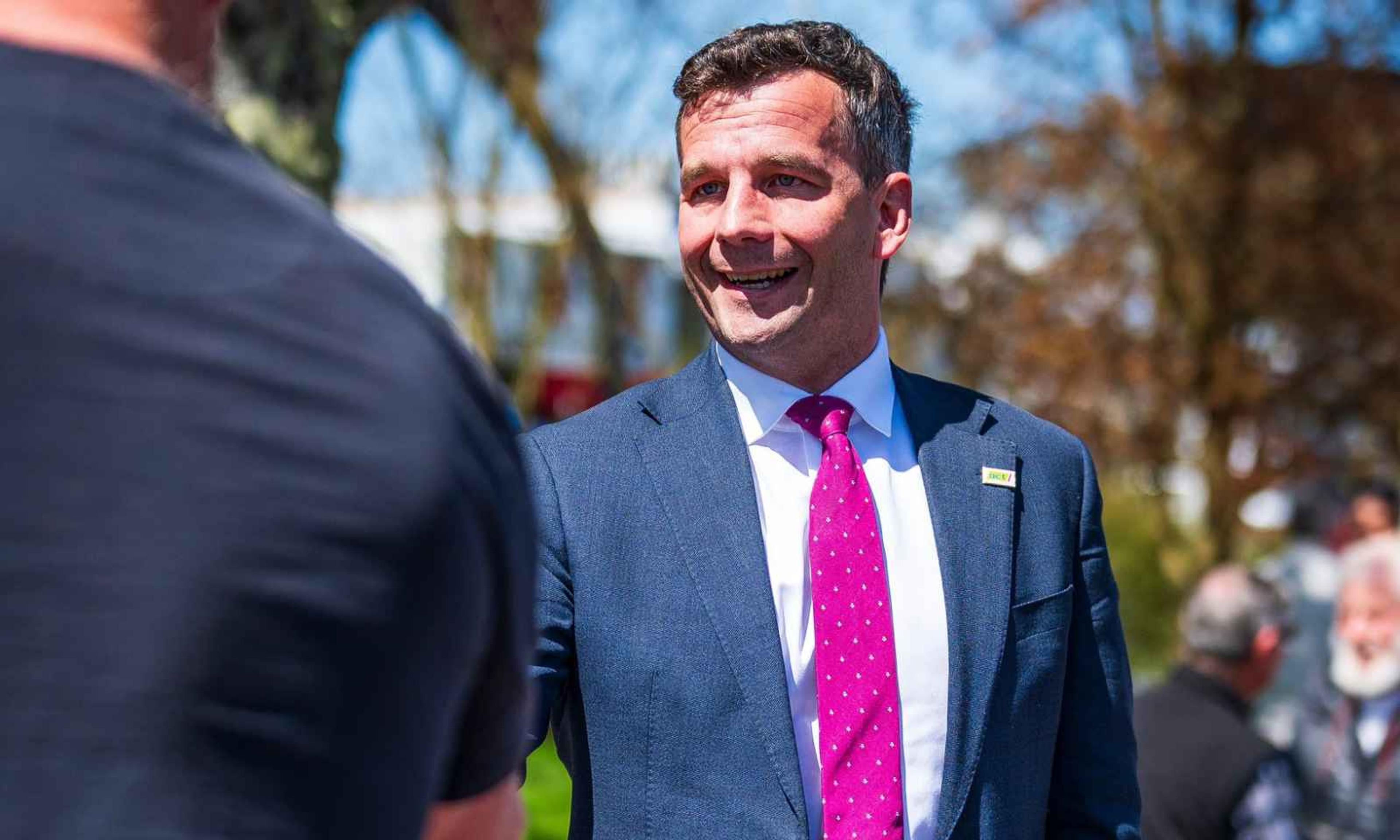
Pacific child poverty rises as Deputy PM points to economic growth as solution

Lantern Festival 2026 tickets sell out, visitors urged to plan ahead

Miss Cook Islands 2026, reflections of a Pacific Island beauty queen

Pacific leaders back NZ kava reforms but warn of risks for smaller businesses in Tonga

Pacific child poverty rises as Deputy PM points to economic growth as solution

Lantern Festival 2026 tickets sell out, visitors urged to plan ahead
A grassroots climate initiative in Fiji is transforming food security and women’s empowerment in vulnerable communities.
Raised garden beds offer protection against floods and a fresh source of income.
The Climate Smart Gardening (CSG) project, in partnership with Tearfund New Zealand, is helping up to 2000 people across Fiji’s west and central divisions.
Siteri Tinai, community engagement officer, says raised bed gardens are a cornerstone of the project.
“In the Fijian community, it’s a norm to just plant on the ground, but after disasters, when it rains heavily, all their vegetables get flooded. So the raised bed garden comes in as a sustainable practice.”
Vegetables like cabbage, lettuce, tomatoes, and eggplant thrive in sacks, containers, and homemade planter boxes. Tinai says the elevation is crucial in areas where the ground contains high levels of salt.
“One of the communities gets flooded twice a week if it rains. But planting on the raised beds, they’re able to save whatever they’re planting.”
The week-long training covers basic gardening techniques, how to make organic fertiliser, and improved drainage using mangrove and riparian seed planting. Trainees graduate as master gardeners and are encouraged to practice and pass on their knowledge within their communities.
Tinai recalls how one woman’s commitment sparks a ripple effect.
Watch a video about Wasa, a master gardener with the Climate Smart Gardening Project below.
“She harvested tomatoes and chillies and took them to the community hall. The ladies started to ask questions ‘How did you grow those? How can we build our own raised beds? How did you get the soil?’
“In that community, we have to walk for about 10-15 minutes outside the village to get soil. So that’s how the news spread.”
There is also an online community on Viber that allows participants from Rakiraki and beyond to share progress and inspire others.
“This young girl said, ‘I saw the updates from the West and thought ‘Why don’t I use the containers in the backyard that are just lying around?’’, Tinai says. “The next time we came, she’d used up all her empty containers just to plant her vegetables.”
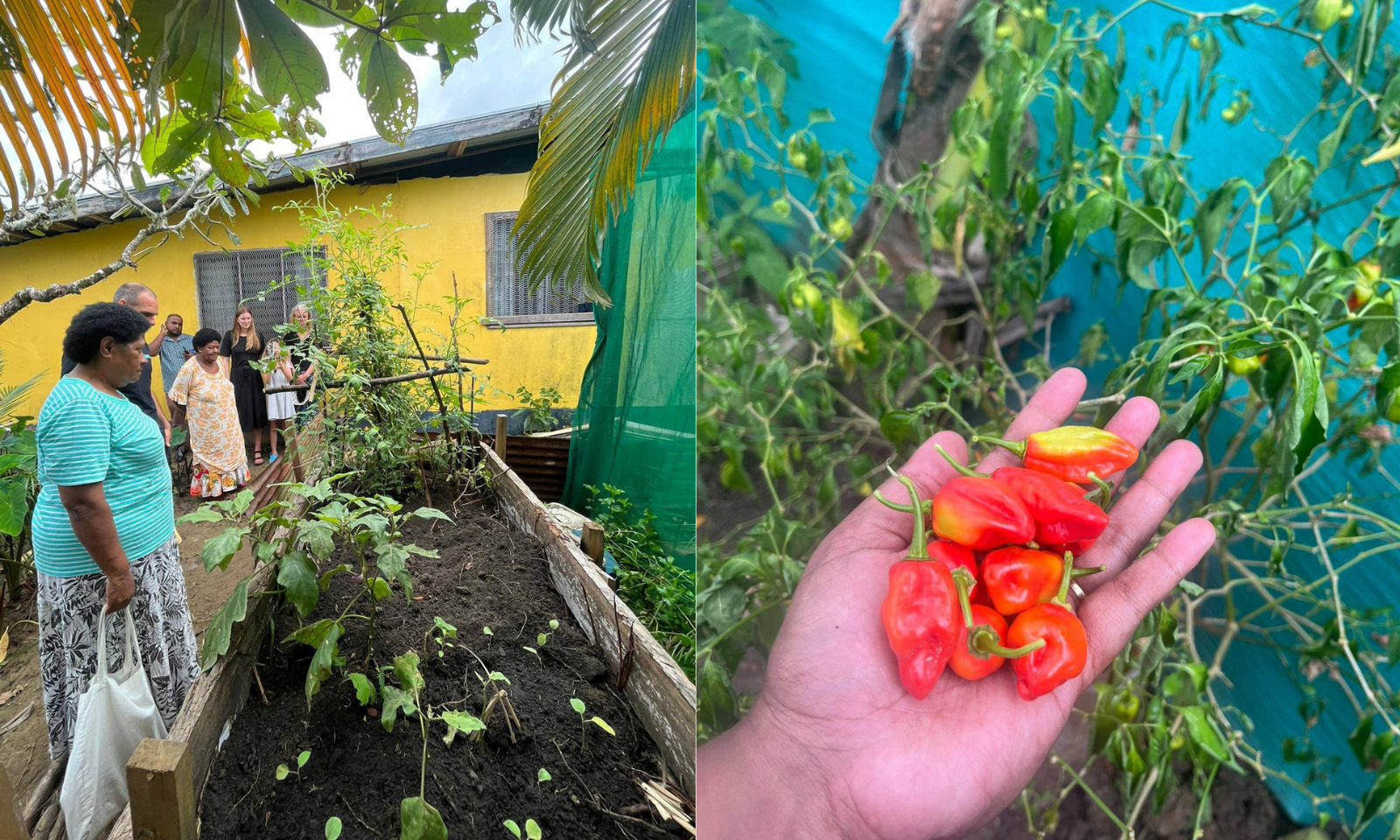
Raised garden beds, along with training and funding for tools, are providing new ways to grow food and income potential for families. Photo/Homes of Hope Fiji
Livelihoods and leadership
Salote Ledua, the programme’s finance officer, says the support goes beyond workshops.
“Through the support of Tearfund, we were able to give our climate-smart gardeners shopping vouchers for farming tools,” she says. “That was a really good push for them to continue.”
Olivia Bird, programme specialist on climate and sustainability with Tearfund NZ, says the financial benefits are already being felt.
“So many women are talking about how they used to be able to only grow enough to feed their families, now they have excess produce to share or sell. It’s translating to savings and financial security.”
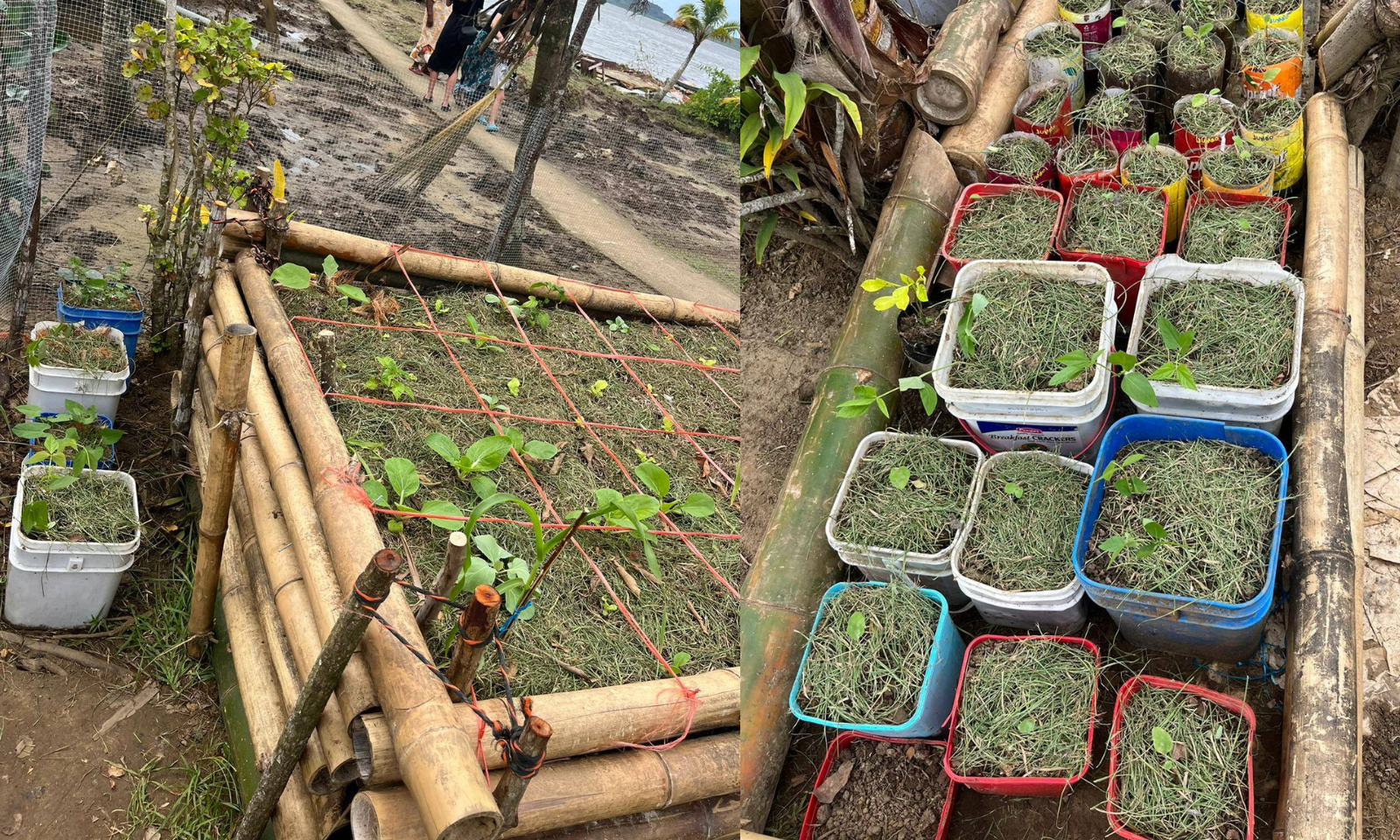
Master gardeners complete a week-long training, and are then encouraged to share climate-safe gardening techniques with their communities. Photo/Homes of Hope Fiji
Accessibility has also been a focus. “The raised beds have been really good for including people with mobility issues,” Bird says, making it easier for the elderly or those with disabilities to participate.
Momentum and motivation
Homes of Hope has a staff of around 40, with five working on the Climate Smart programme. Bird says the results are happening “phenomenally quickly” since launching in March 2024.
“In one community, we started with five master gardeners - now there are 16 additional members on board.”
The project phase, funded by the New Zealand Ministry of Foreign Affairs and Trade, runs until next year. The team hopes to continue the work depending on future funding and donor support.
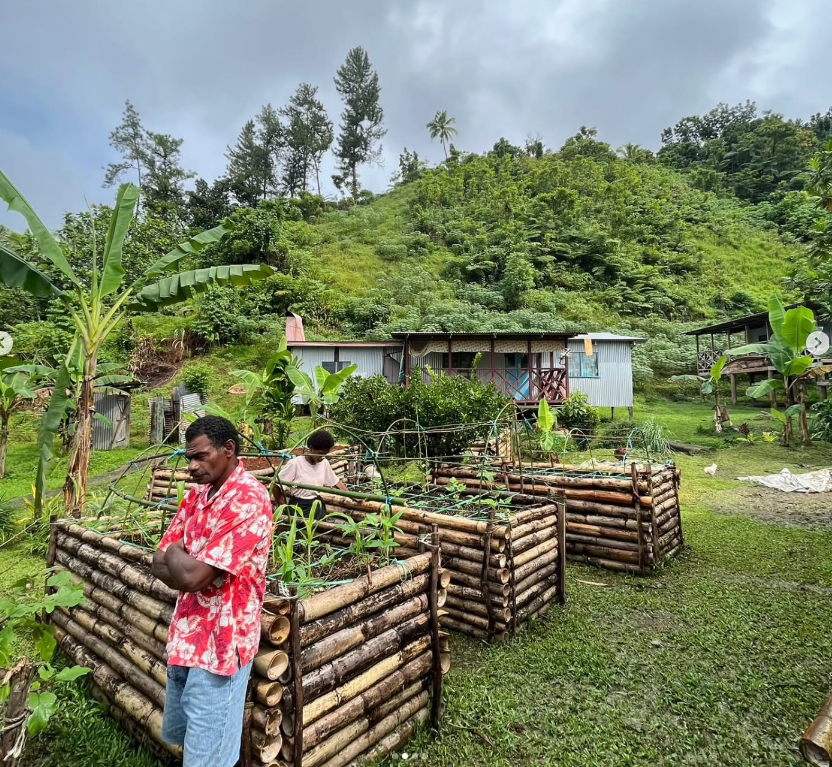
Village headman Kameli Sauduadua of Lutu is encouraging his local community to unite and support women using the new techniques. Photo/Homes of Hope Fiji
Tinai says the gardening programme complements Homes of Hope’s existing work with vulnerable women and girls under the Protecting Girls, Providing Hope (PGPH) programme.
“While providing a safe space for these women and girls, we also help them improve their livelihoods.”
Bird says this hands-on work has opened doors for deeper community engagement.
“It’s been such a great entry point for opening up discussions about protecting women and girls. It’s practical, it’s empowering, and it’s working.”